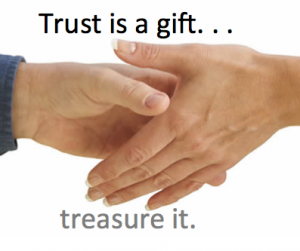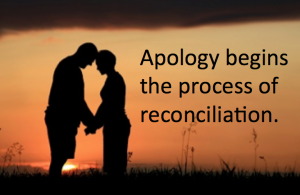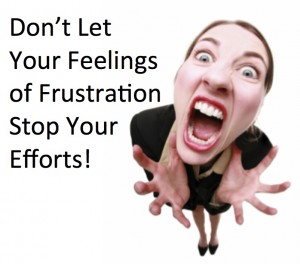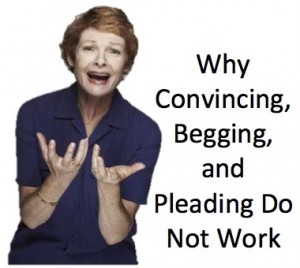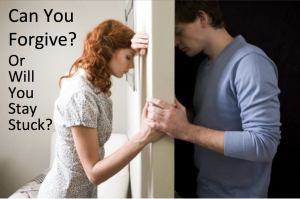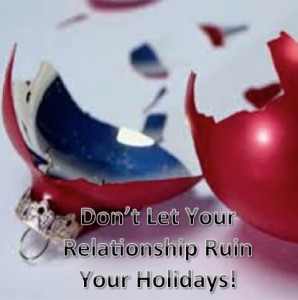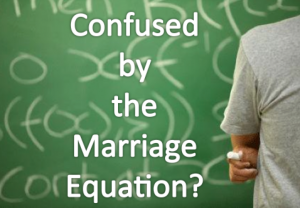Why Your Balance Book Marriage Will Fail: #28 Save The Marriage Podcast
https://savethemarriage.com/stmblog/wp-content/themes/corpus/images/empty/thumbnail.jpg 150 150 Lee H. Baucom, Ph.D. Lee H. Baucom, Ph.D. https://secure.gravatar.com/avatar/669b7e375d93f77521ddaba08adb8063?s=96&d=blank&r=pg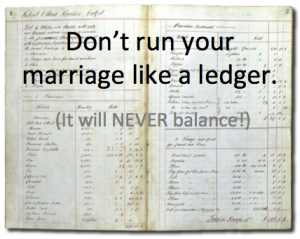 You can say it many ways: “keeping score,” “tit-for-tat,” “keeping a ledger,” “looking for the balance book.” If you run your marriage that way, you are headed for trouble.
You can say it many ways: “keeping score,” “tit-for-tat,” “keeping a ledger,” “looking for the balance book.” If you run your marriage that way, you are headed for trouble.
Problem is, it is perfectly human to make this mistake. And in the midst of a marriage crisis, more likely.
Are you asking, “why am I putting in more than my spouse?” you are playing the ledger game. If you have pronounced to yourself, your spouse, or your friends, “I will not do anything more until he or she does,” you are playing with a balance book.
Unfortunately, I can tell you the outcome: marriage failure. More marriages die from a “Cold War” than from a “Hot War.”
But there is another option. Listen to this week’s Save The Marriage Podcast to discover the secret to a “ledger-free” marriage.
Have you played the game? Let me know how, and how you are changing it in the comments area below.
Podcast: Play in new window | Download
Subscribe: RSS

